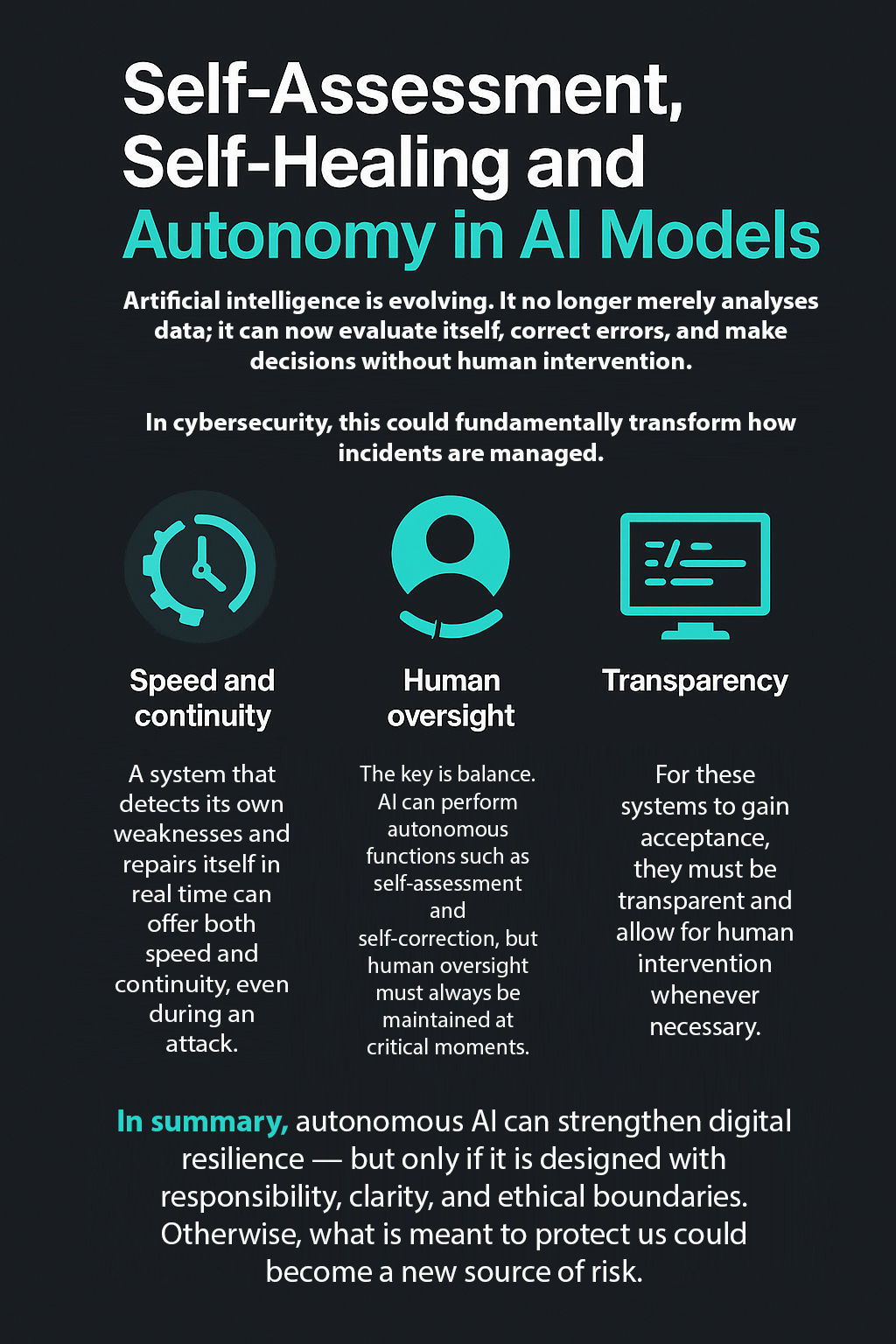6th EU-GUARDIAN NEWSLETTER
October 2025
🚀 In future editions, we will launch a series of Reflections on the integration of AI in cyber defence, in which we will explore the ethical, legal and technical dilemmas that will shape the future of digital security in Europe. A critical and strategic look at how to build a more reliable, responsible and prepared cyber defence system in the face of the challenges ahead. From data to decision: ethical and technical challenges of AI in cyber defence
Artificial intelligence is evolving.
It no longer just analyses data: it can now evaluate itself, correct errors, and make decisions without human intervention.
In cybersecurity, this could completely change how incidents are managed.
A system that detects its own weaknesses and repairs itself in real time can offer speed and continuity, even during an attack.
But this autonomy also raises important questions: who is responsible if something goes wrong? How do you control what AI decides?
The key is balance.
AI can have autonomous functions, such as self-assessment or self-correction, but there must always be human oversight at critical moments.
Autonomy should not mean a lack of control.
Furthermore, for these systems to be accepted, they must be transparent and allow for human intervention when necessary.
If they function as “black boxes,” without explaining what they do, they will generate mistrust.
In summary: autonomous AI can improve digital resilience, but only if it is designed with responsibility, clarity, and ethical limits.
Otherwise, what should protect us could become a new source of risk.


‘Funded by the European Union. The opinions and views expressed are, however, solely those of the authors and do not necessarily reflect those of the European Union or the European Commission. Neither the European Union nor the granting authority can be held responsible for them.’
EU GUARDIAN- EDF-2021-CYBER-R-CDAI-2